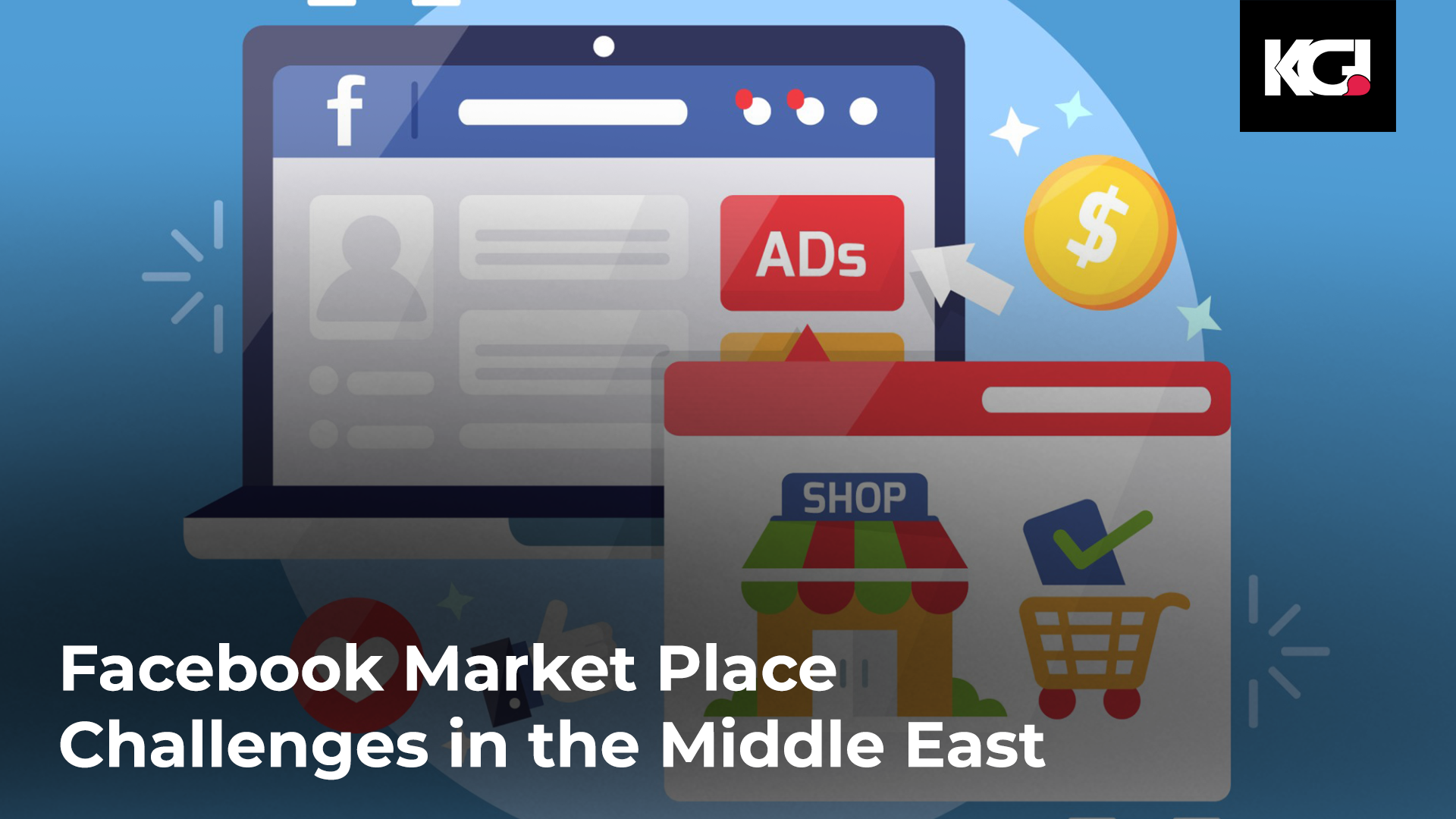Facebook Marketplace is an e-commerce platform launched by Facebook in 2016 that allows users to buy and sell items locally. While Facebook Marketplace has gained popularity in many regions of the world, its effectiveness in the Middle East is somewhat limited due to several factors.
One of the main factors is the cultural norms and habits of the people in the region. In many Middle Eastern countries, people prefer to buy goods from physical stores or traditional marketplaces rather than online platforms. This is especially true for larger purchases, where customers prefer to see and test the product before making a purchase. As a result, the demand for e-commerce platforms, including Facebook Marketplace, has been slower to grow in the region compared to other parts of the world.
Another factor is the lack of trust in online transactions, particularly among older generations. Many people in the region are wary of online scams and fraud, which can make them hesitant to buy or sell items on Facebook Marketplace.
Furthermore, language can also be a barrier for Facebook Marketplace in the Middle East. While Facebook supports Arabic and other languages used in the region, many users may not be comfortable using the platform in a language other than their native language, which can limit the potential user base.
However, despite these challenges, there is still potential for Facebook Marketplace in the Middle East, especially among younger generations who are more tech-savvy and comfortable with online transactions. Facebook Marketplace can be an effective tool for small businesses and individuals looking to sell unique or niche products to a wider audience.
While Facebook Marketplace may not be as effective in the Middle East as it is in other regions, it still has potential to grow in popularity as more users become comfortable with online transactions and as e-commerce platforms continue to evolve to meet the needs of the region.


